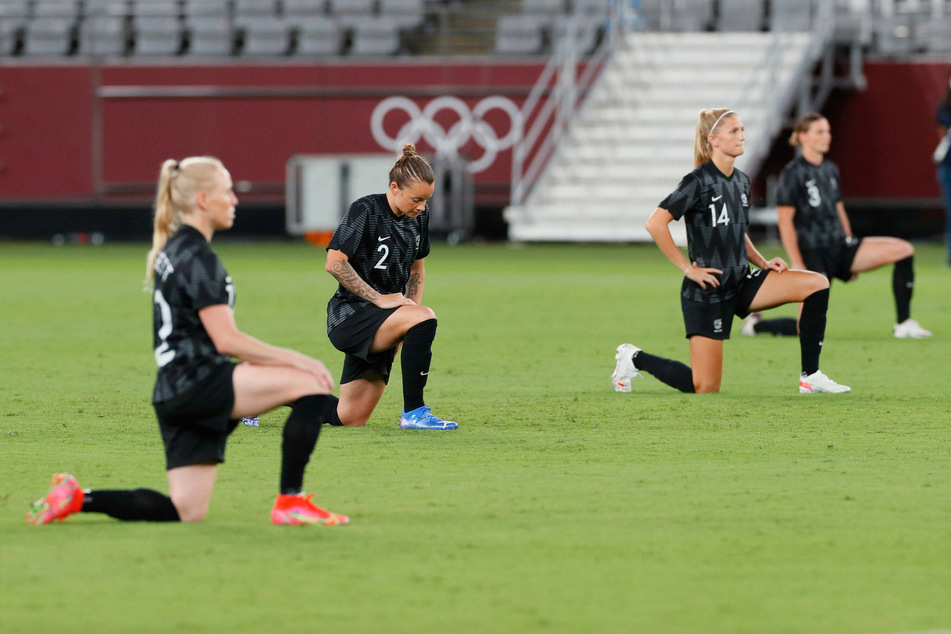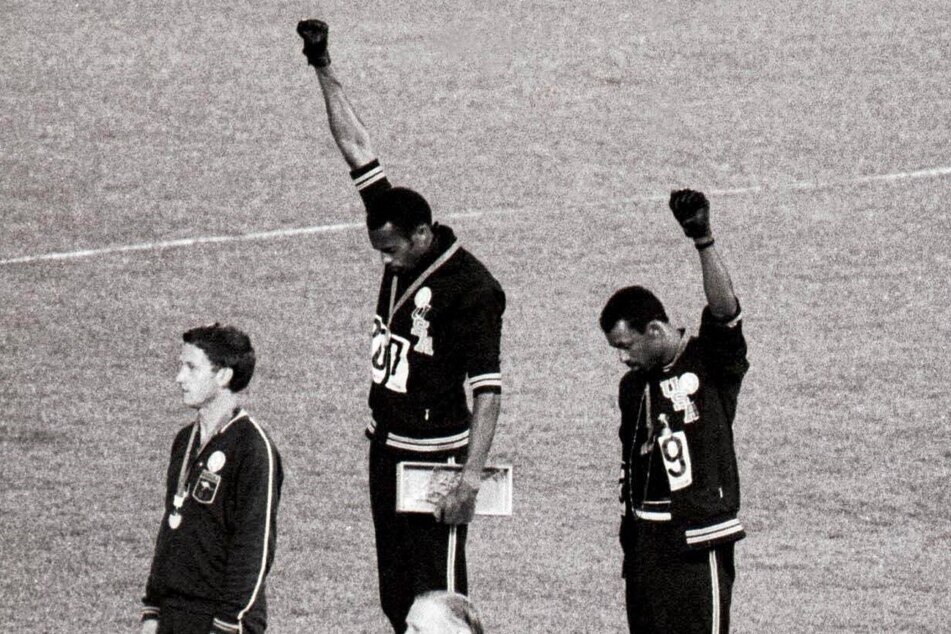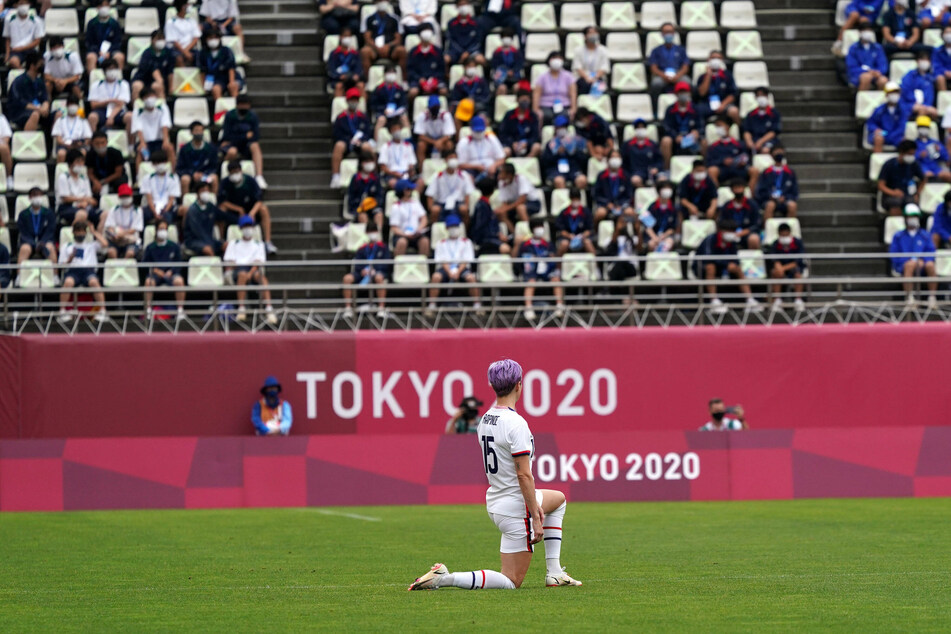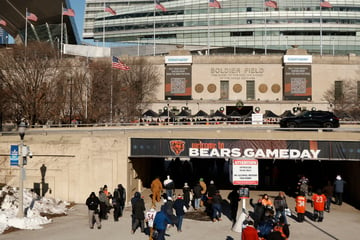Olympics: More athletes are challenging the IOC's complicated relationship with politics
The International Olympic Committee (IOC) has faced difficulties throughout its history when it comes to athletes protesting at the Games, and sometimes it seems the fight for political expression is tougher than anything sporting competition can throw up.

While forms of protest have been somewhat rare during the 20th century, over the last 20 years, displays of this nature have been seen much more often during Olympic competitions.
Recently, the IOC posted new, more relaxed guidelines regarding athletes’ attempts to express themselves. For the most part though, athletes are generally expected to follow the "principles of Olympism."
Not exactly to go faster, jump higher, or be stronger, but more like focusing on the "educational value of good example, social responsibility and respect for universal fundamental ethical principles." That sounds lofty, as do the rules against displays directed against "people, countries, [organizations] and/or their dignity."
What these guidelines mean in practice is that athletes can only express themselves before the start of competition or during their introduction. Medal ceremonies are considered off-limits for any forms of protesting, along with any time during live competition on the field of play or anywhere in the Olympic Village.
This leaves virtually no space or time for making a statement, and the complete lack of spectators decreases visibility even more. Add to that the tendency of broadcasters to tune in and out of events and sending any kind of impactful message becomes even harder to imagine.
The IOC's checkered political past

The IOC's fantasy that it is a non-political organization falls apart by definition. The very act of awarding a country hosting rights is fraught with political implications, as the cases of Nazi Germany and, more recently, Russia have shown.
Then there are the high-profile incidents that laid bare this fiction. Tommie Smith and John Carlos' legendary raised fists during their medal ceremony in the 1968 Mexico City summer games, would probably still fall foul of the Olympic rulebook today.
Avery Brundage, who was President of the IOC in 1968, managed to strong-arm both track athletes to their expulsion from the US Track and Field team. This from a man who had no problem looking the other way when German athletes gave the Nazi salute during their own medal ceremonies in 1936.
His excuse? The salute was apparently a national gesture characteristic, not one of protest against others.
Attitudes change slower than rules

Many displays of protest haven’t made headlines since the ‘68 games, but so far in the 2020 Tokyo summer games, the most prominent example has been provided by soccer players – including members of the USWNT – taking the knee on the field.
These acts of kneeling are intended to show support for causes against racism and social injustice, a move made notable over recent years by NFL player Colin Kaepernick, who knelt during the playing of the US National Anthem before games.
Although the new guidelines allow this gesture, the IOC's allergic reaction to anything even remotely challenging is harder to fix. Only public embarrassment convinced the Committee to reverse a secret decision to not feature images of kneeling athletes on any of its media channels.
Meanwhile, Luciana Alvarado Reid, an artistic gymnast representing Costa Rica made probably the most open form of protest during her floor exercise in this past Sunday’s women’s gymnastics events: taking a knee with a fist raised in the air. Since this was done during live competition, you'd think that she’d be in for some kind of trouble, right?
Wrong, but only because she was clever enough to find somewhat of a "loophole" by incorporating the gesture into the choreography of her floor routine, seemingly avoiding any sort of penalty from IOC authorities
After her routine was over, she told the Associated Press that her calculated risk was indeed “to honor the Black Lives Matter movement and to highlight the importance of achieving equality for all people.”
So far, it seems that current Olympic athletes are following the rules when it comes to showing support, or making gestures to show solidarity with social causes. These displays are being made only in the "safe places" designated by the IOC, and are in action during the times allowed.
The IOC clearly can't take a hard line when it comes to silencing international athletes looking to make peaceful and perhaps necessary political statements. The power dynamics have shifted noticeably.
There's no doubt that things are changing, albeit at a very slow pace.
Cover photo: IMAGO / Shutterstock
